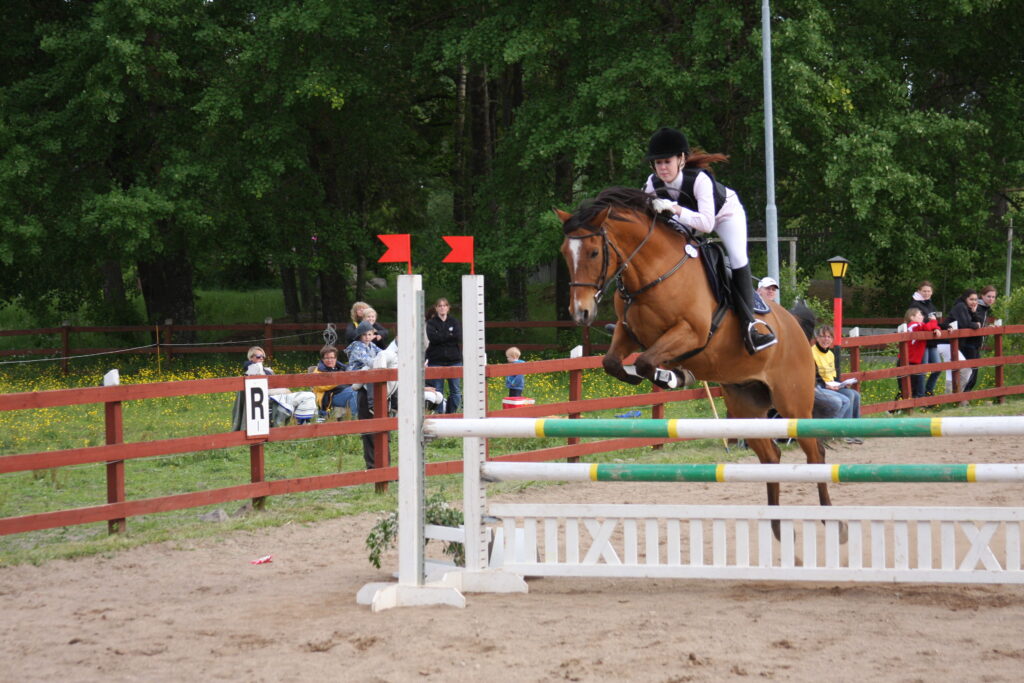This post is about one of the classic philosophical questions. I admit it is preposterous to think that I can add anything to it but I still feel tempted to write down my own twist to it, just to see what it looks like in writing.
Some time ago, during a car ride with my son, he told me had been debating the topic of “free will” on one of the Internet forums he participates in (I was impressed and gladdened as I had been afraid that the only perspective on the world he got through his computer was that along a gun barrel of a first-person shooter). I kindly told him that there was no such thing as “free will” which started an animated debate that continued for the whole one hour trip and into late hours.

This is what I tried to argue: There are two types of events in the world, causal events, and random events. Causal events are caused by some earlier events. A pool ball gets its direction and speed from the collision with other pool balls. Random events happen without an apparent cause. An example of a random event is the decay of an unstable atom or particle. We know the probability for the decay to happen but it seems to happen without an apparent cause. Since our brains are made out of matter, they also must obey the laws of causality and randomness. This means that nothing “intelligent” (non-random) happens in our brains without a cause. This cause may be a stimuli from our senses such as a sound or a smell, or it could possibly even be a random event that is amplified to a level on which it can affect the brain circuitry.
The brain takes its input from the senses and transforms this input to an output that may involve saying something or doing something or just changing the internal state of the brain by e.g. storing a memory. The input-output transformation is determined by the internal state which consists of all our memories and our current feelings.
Given a certain stimuli and given a certain internal state of the brain, the brain cells will just do what the laws of physics tell them to do. They will produce a causal (and sometimes perhaps random) output based on the input and the internal state. This will happen in any given moment. In any given moment we thus just do as we are “programmed” to do by earlier events. The internal state may change from time to time but the brain’s output is entirely predetermined by the input signal and the internal state (I won’t say that again).
What are the consequences? First of all, there is nothing that even vaguely resembles a “free will”. And by the way, before talking about a “free will” we have to define what it is “free” from. Is it free to will totally independent of the input? (I would call that erratic behavior.) Is it free to make moral choices? (Morality is built in into the internal state of the brain and thus falls under the same laws as everything else.) Is it free from the laws of physics? (That would imply a soul that is independent of the matter of our brains. I haven’t seen anything that has convinced me of an existence of such a soul. And even if such a soul would exist, I can’t imagine what it would be like if it didn’t either behave causally or randomly so that wouldn’t really change anything)
There are some interesting questions arising from my line of reasoning:
- If everything has a cause, then when did the first thought come to existence?
- If everything is predetermined, why don’t I just go with the flow and blaim it on my “internal state”?
- What are the implications for justice and punishment for crimes?
- Do I as a friend and fellow being have any special responsibilities with respect to enabling change and “self improvement”?
- Is there in fact such a thing as “self improvement”?
- What made me write this post?
I will for now take the easy way out and leave all those questions to future posts and to the reader before that. And most likely to a continued debate with my son.
We must believe in free will — we have no choice.
Isaac Bashevis Singer
That’s a wonderful quote. I have no choice but to believe in it…